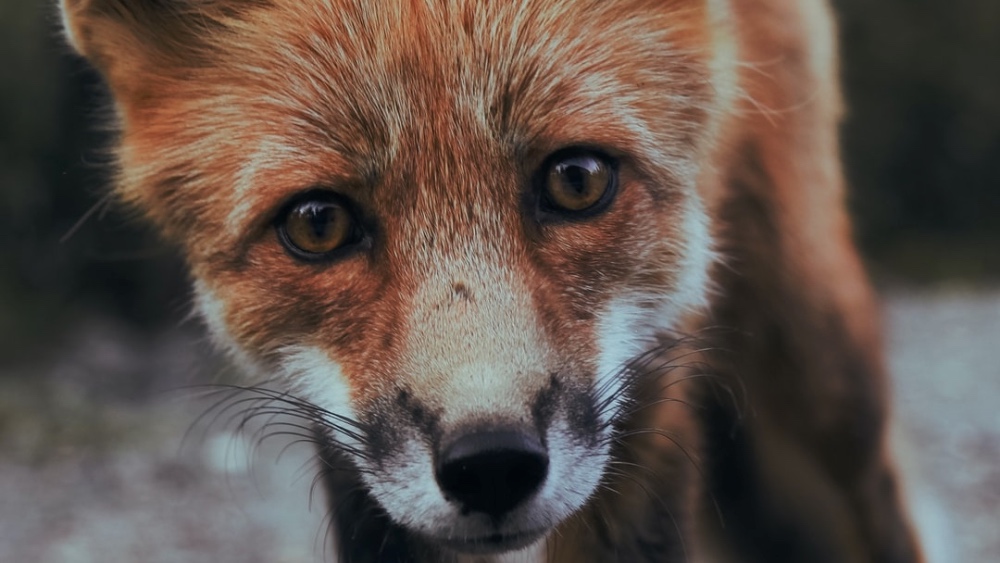Colorado has officially ended its wildlife killing contests.
Wildlife killing contests are organized events in which participants compete to kill animals—often getting prizes for slaughtering the most. Fur-bearing animals that are commonly targeted include bobcats, coyotes, bobcats, prairie dogs, and swift foxes.
The state previously banned the contests in 1997. According to The Humane Society of the United States (HSUS), a legal loophole allowed certain killing contests to continue.
“Participants of wildlife-killing contests often use unsporting and cruel techniques. [These include] calling devices that mimic the sound of prey or even pups in distress. [This allows them to] lure shy coyotes and other animals to shoot at close range,” Aubyn Royall, Colorado State Director for HSUS, said in a statement.
Royall continued: “We thank Colorado Parks and Wildlife […] for taking decisive action to ensure that Colorado no longer supports the senseless killing of its treasured wildlife.”

Wildlife Killing Contests
Various states hold hundreds of wildlife killing contests each year nationwide. Their purpose is often to control wildlife populations. However, the nonprofit organization Center for Biological Diversity says killing wildlife is not an effective means for controlling populations.
“In 2018, more than 70 renowned conservation scientists issued a statement citing peer-reviewed science. [They refuted] claims that … killing coyotes permanently limits coyote populations, increases the number of … game species for hunters, or reduces conflicts with humans, pets, or livestock,” the organization said in a statement.
“In fact, randomly shooting coyotes disrupts their pack structure, leading to increases in their populations and more conflicts. Nonlethal, preventive measures are most effective at reducing conflicts with wildlife,” it added.
Colorado joins five other states that have already banned or restricted killing contests. These include California, Vermont, New Mexico, Arizona, and Massachusetts. Colorado’s ban goes into effect on June 30.
“Colorado’s ban, […] is one of the strongest in the country,” Johanna Hamburger, wildlife attorney for the Animal Welfare Institute, said in a statement.
“The state [joins] multiple fish and wildlife agencies and commissions in concluding that these contests compromise the effective management of wildlife populations,” Hamburger added.


